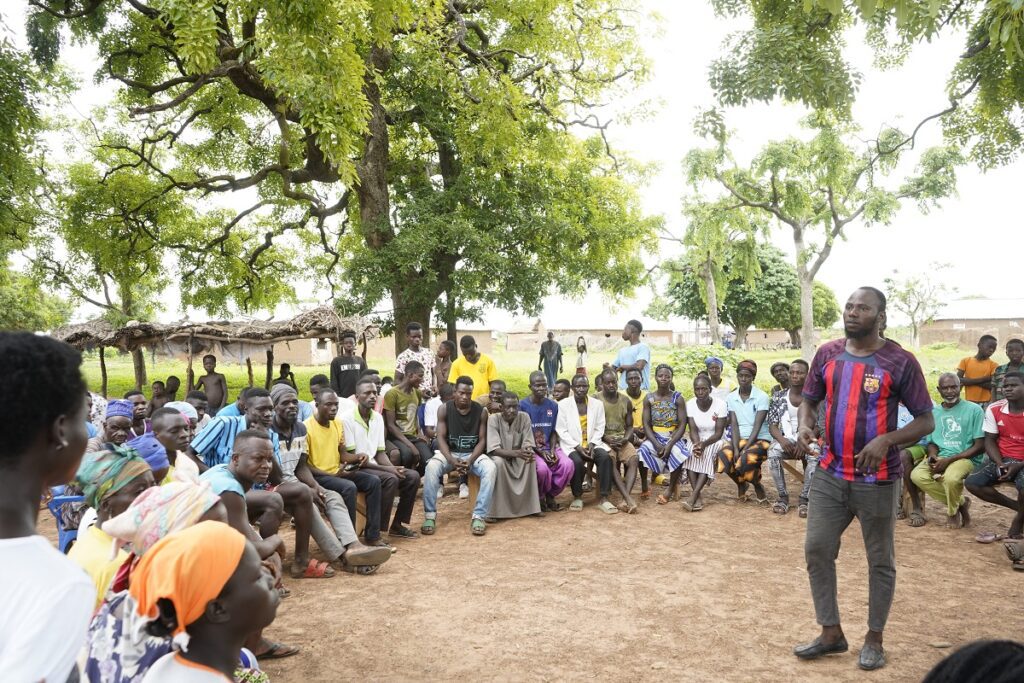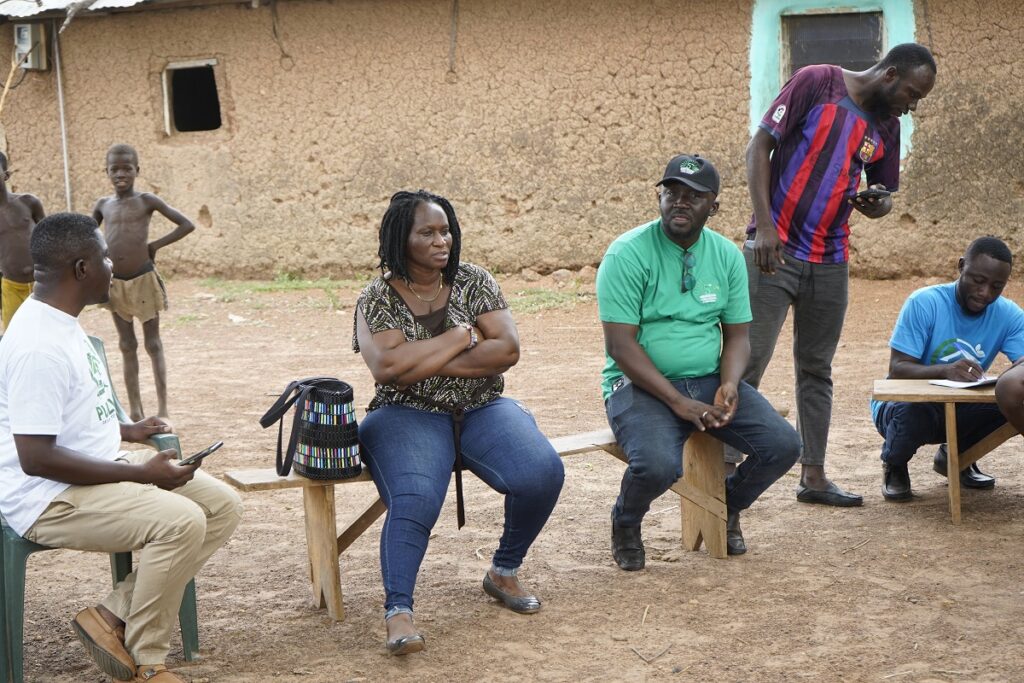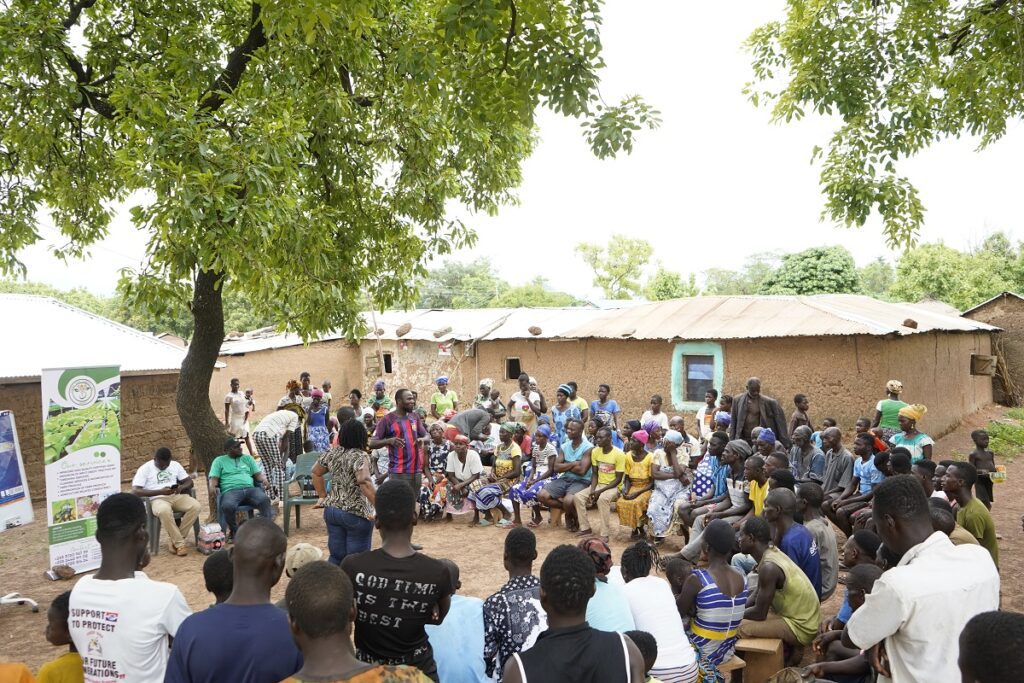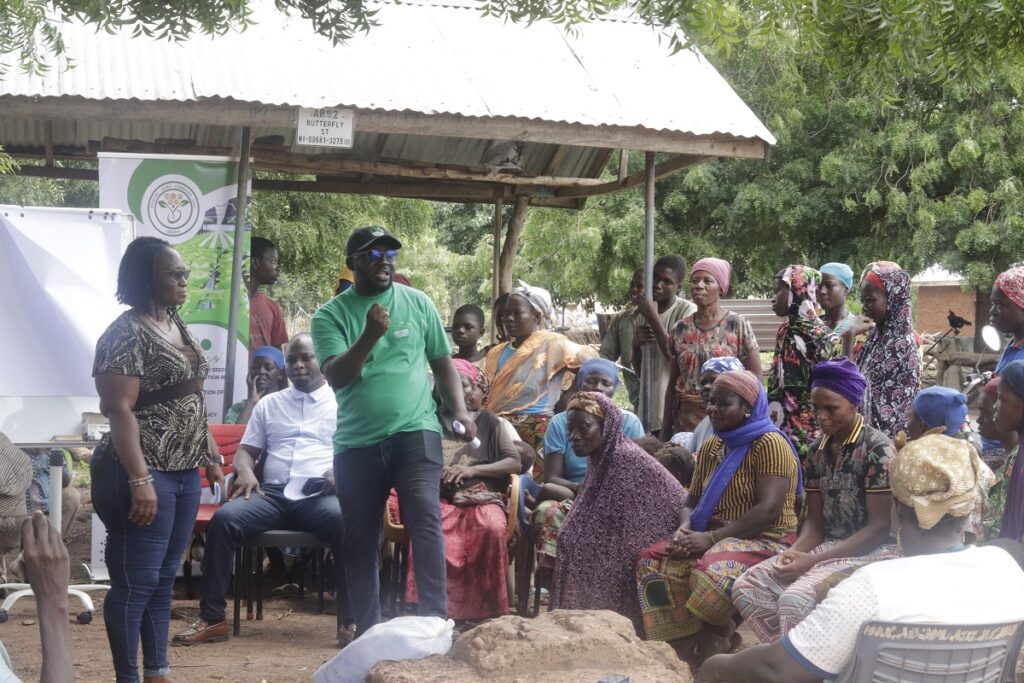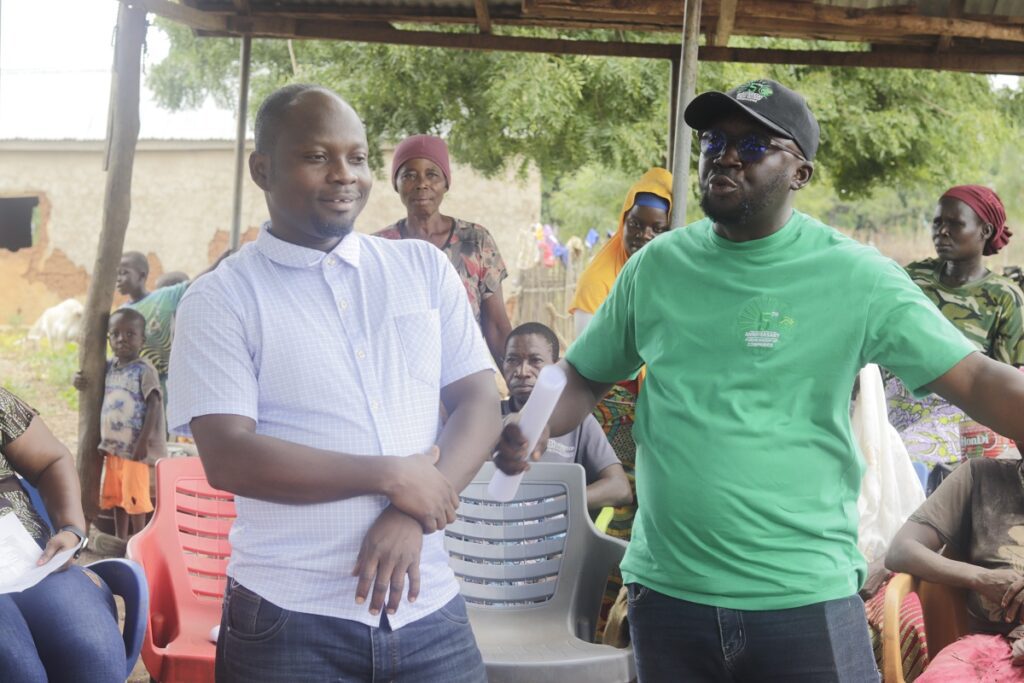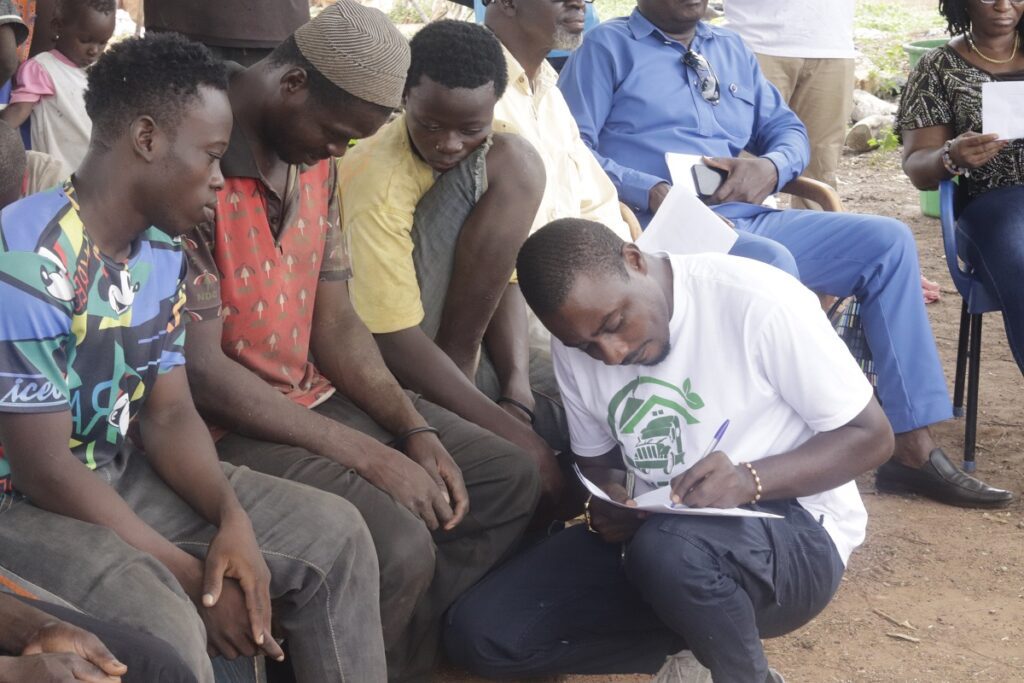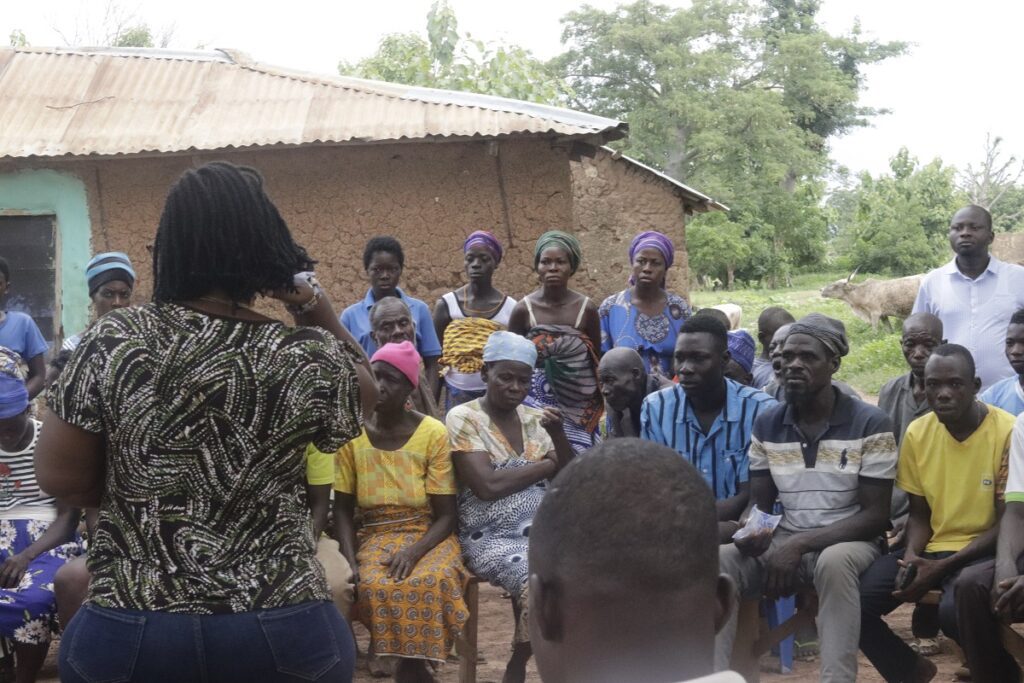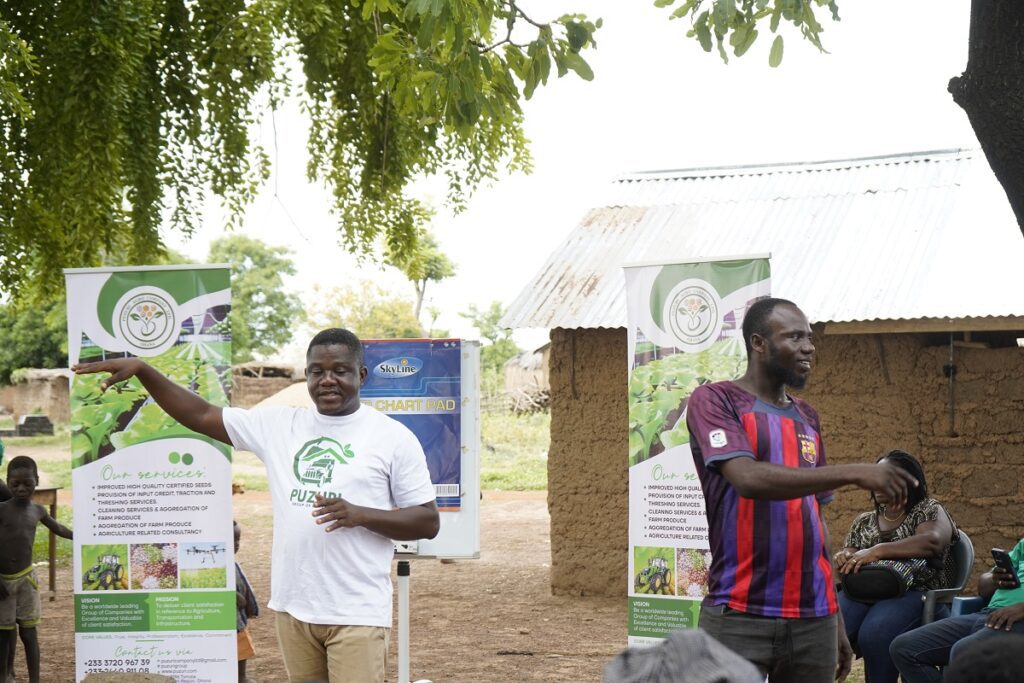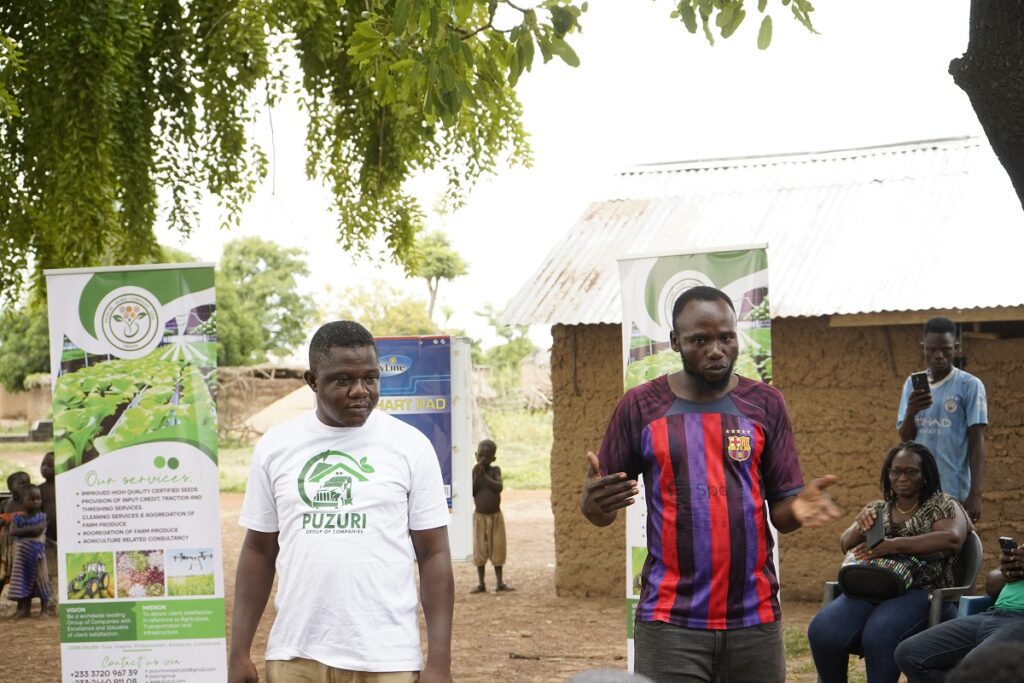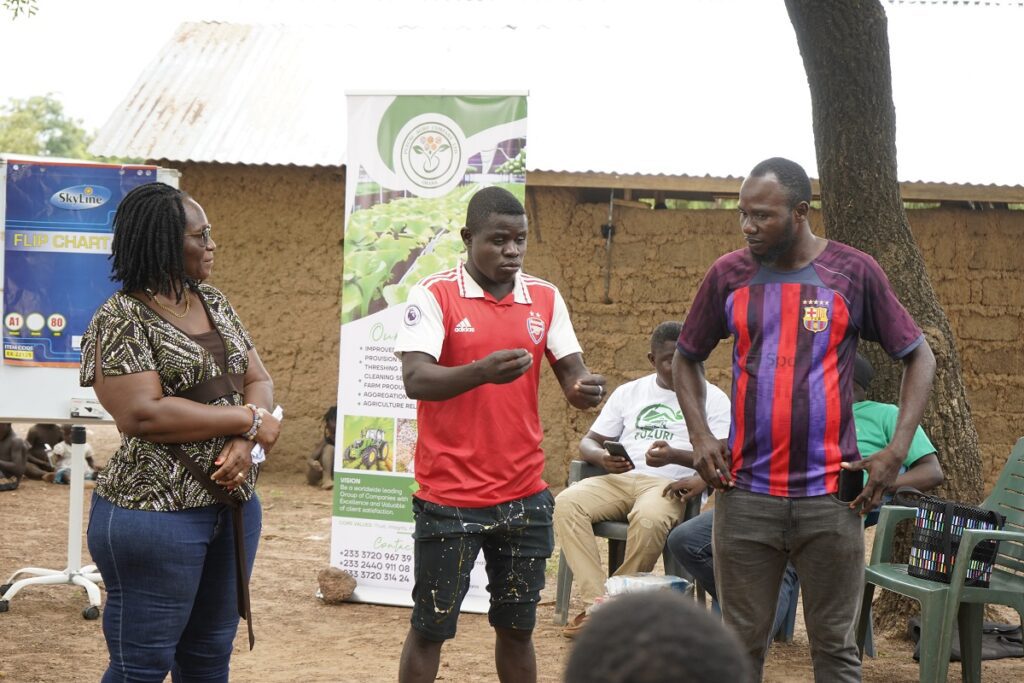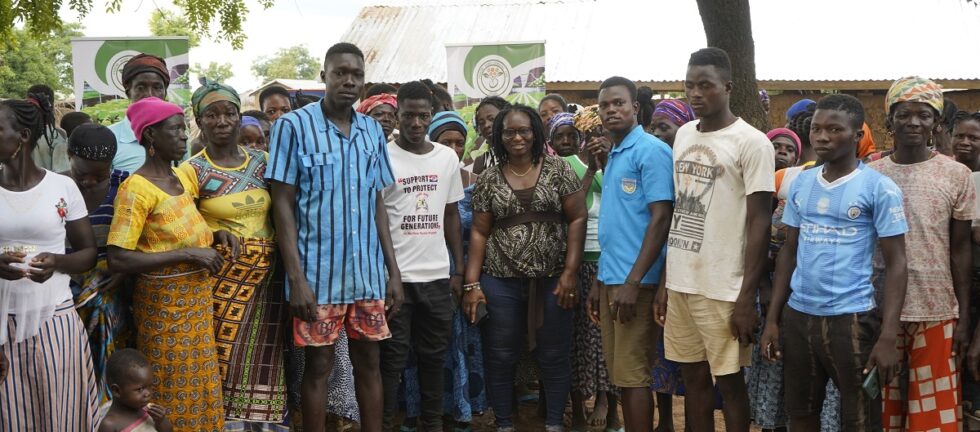In a concerted effort to bolster agricultural productivity and sustainability, Puzuri has partnered with the National Service Scheme (NSS) to train 1790 outgrowers from 10 communities across three districts in Northern Ghana on Good Agronomic Practices (GAP) for soya production. This initiative, part of a broader capacity-building program, aims to equip farmers with the knowledge and skills necessary to start the 2024/2025 farming season effectively. By focusing on GAP, the training seeks to enhance the quality and yield of soya crops, contributing to improved livelihoods and food security in the region. These trainings were held in the Mion, Yendi and Tamale Metropolitan Districts from 13th to 17th June 2024.
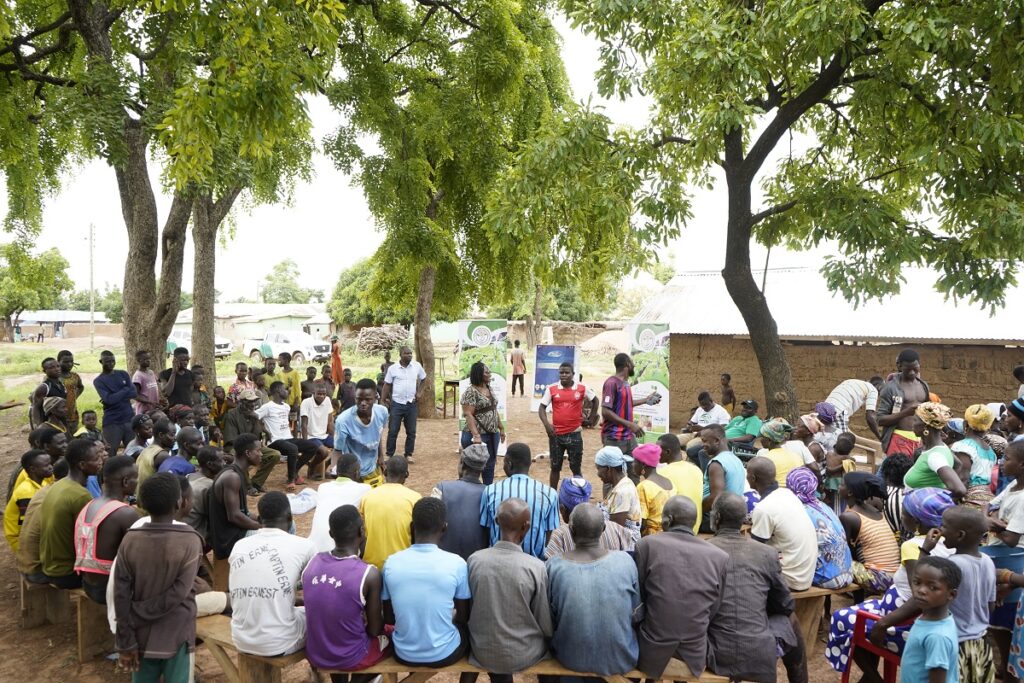
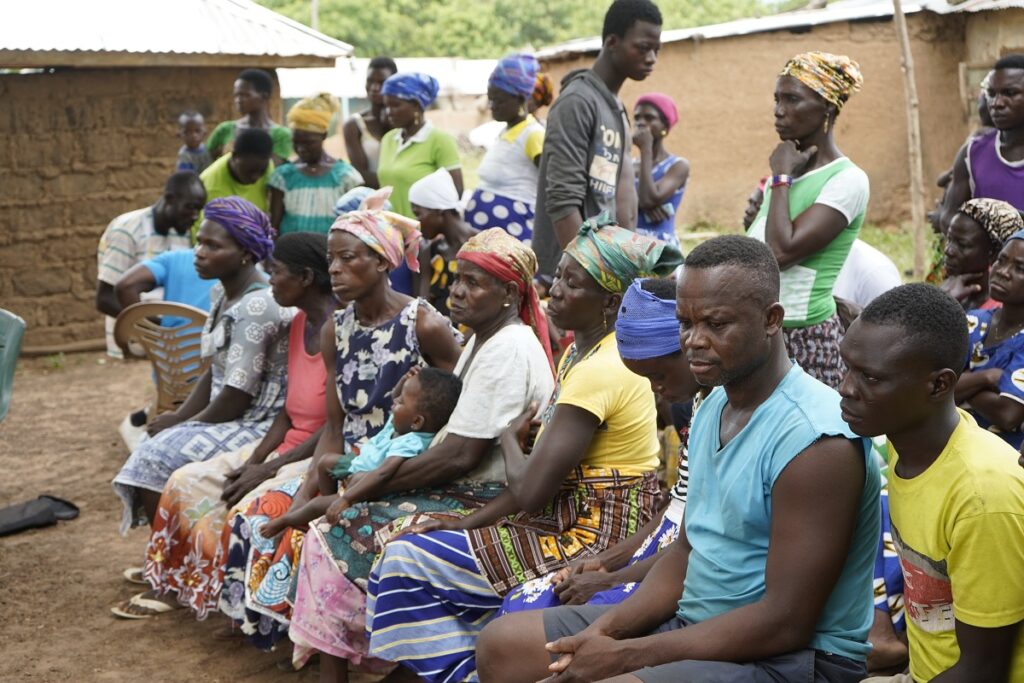
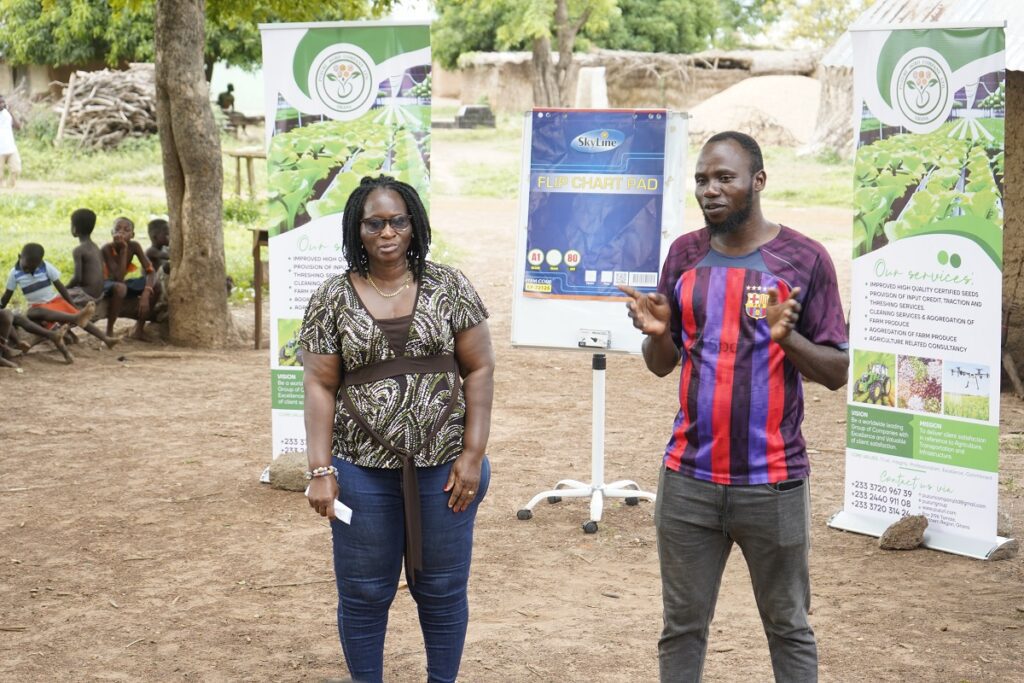
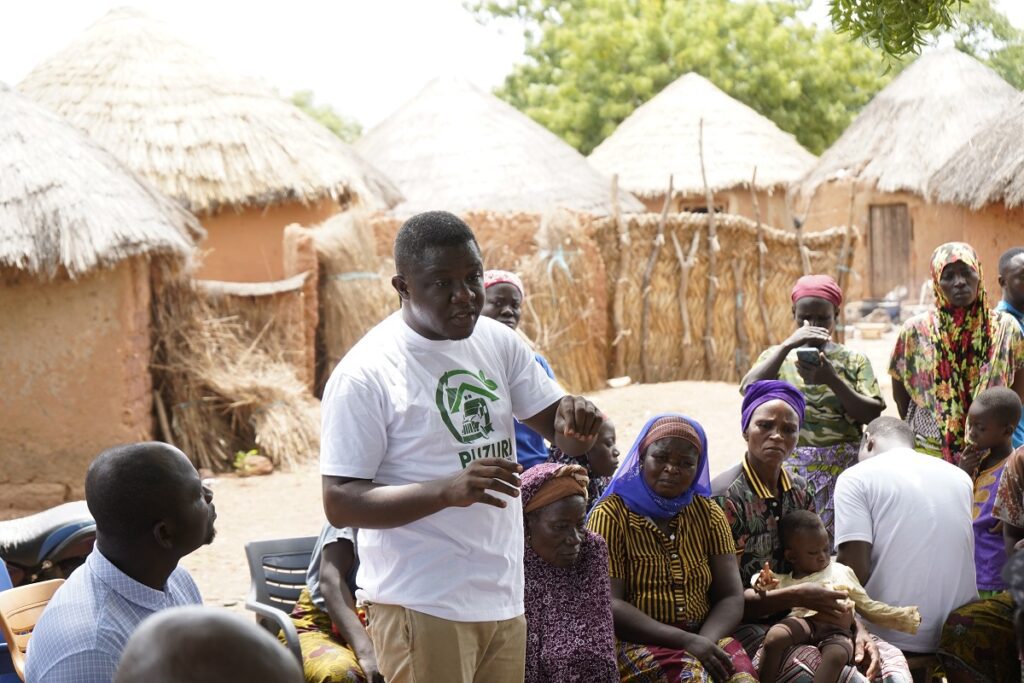
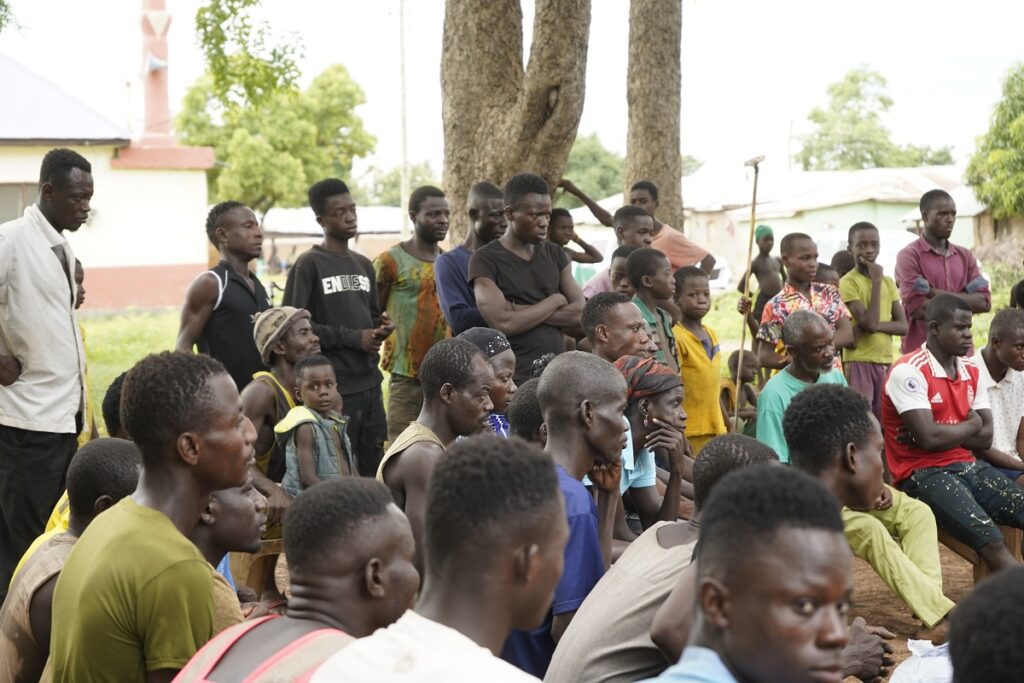
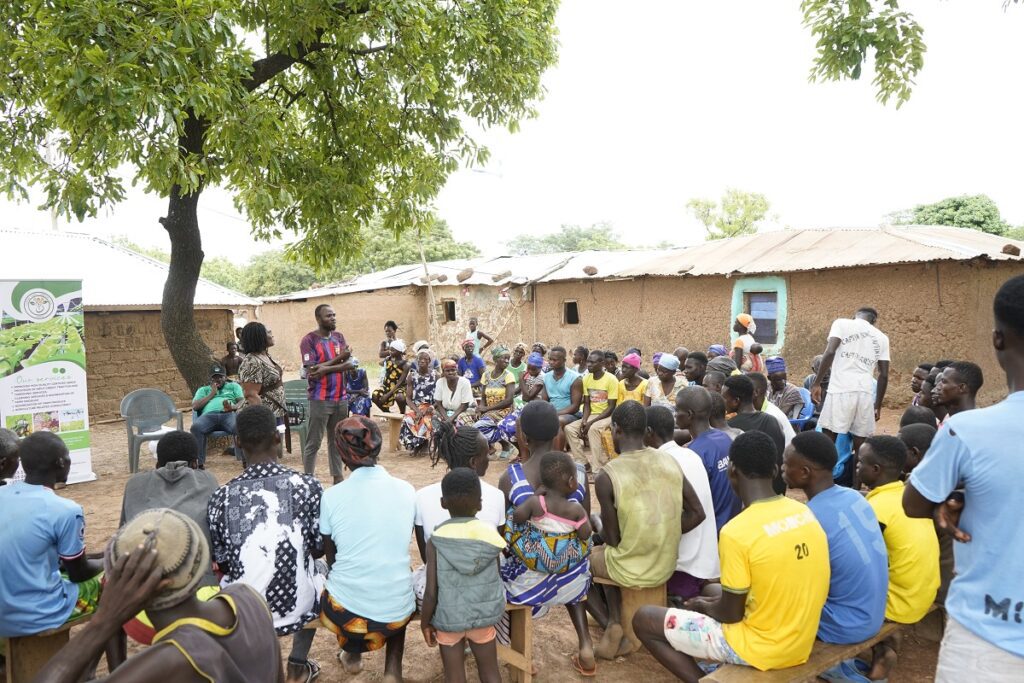
The comprehensive training program covered critical aspects of soya production, including land preparation, seed selection and sowing processes, weed control, harvesting techniques, yield improvement strategies, prevention of post-harvest losses, storage, processing, and marketing. These topics were expertly delivered by the resource team, which included Mr. Abdul Rashid Mohammed, the Director of Agriculture at Puzuri, Dr. Mrs. Zotorvie, and Mr. Boateng from NSS. Their insights were pivotal in ensuring that the farmers received practical and actionable advice to optimize their farming practices.
In addition to the resource persons, the training session was graced by the presence of Mr. Kpolu, Northern Regional Director for NSS, and the Director of Marketing at Puzuri. Their attendance underscored the importance of the initiative and the collaborative effort between Puzuri and NSS to support local farmers. This partnership is a testament to both organizations’ commitment to sustainable agricultural development and capacity building.
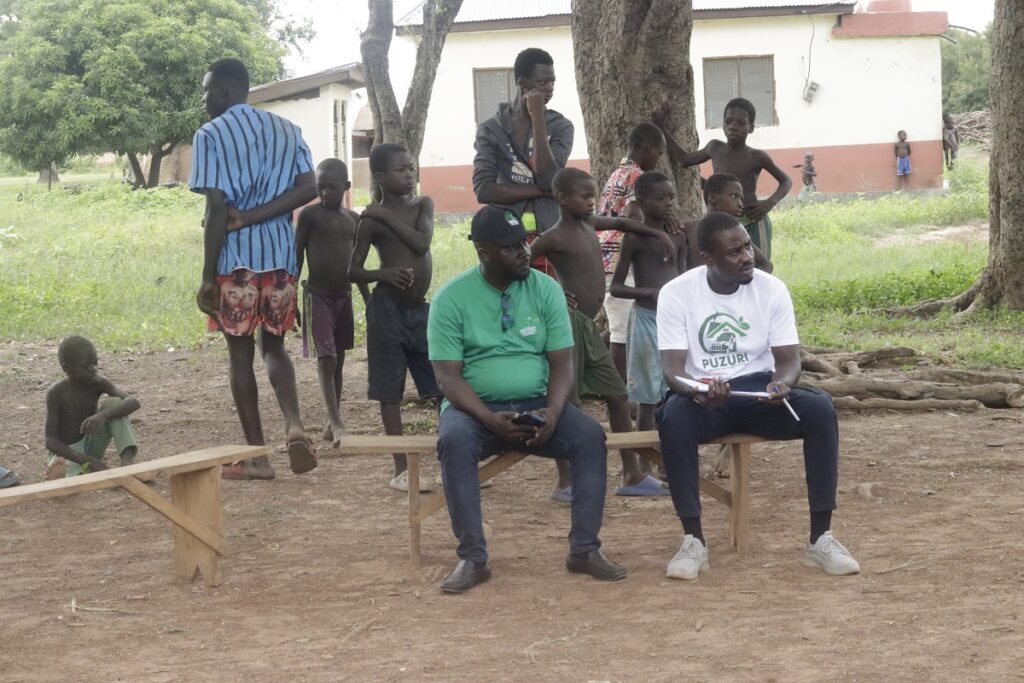
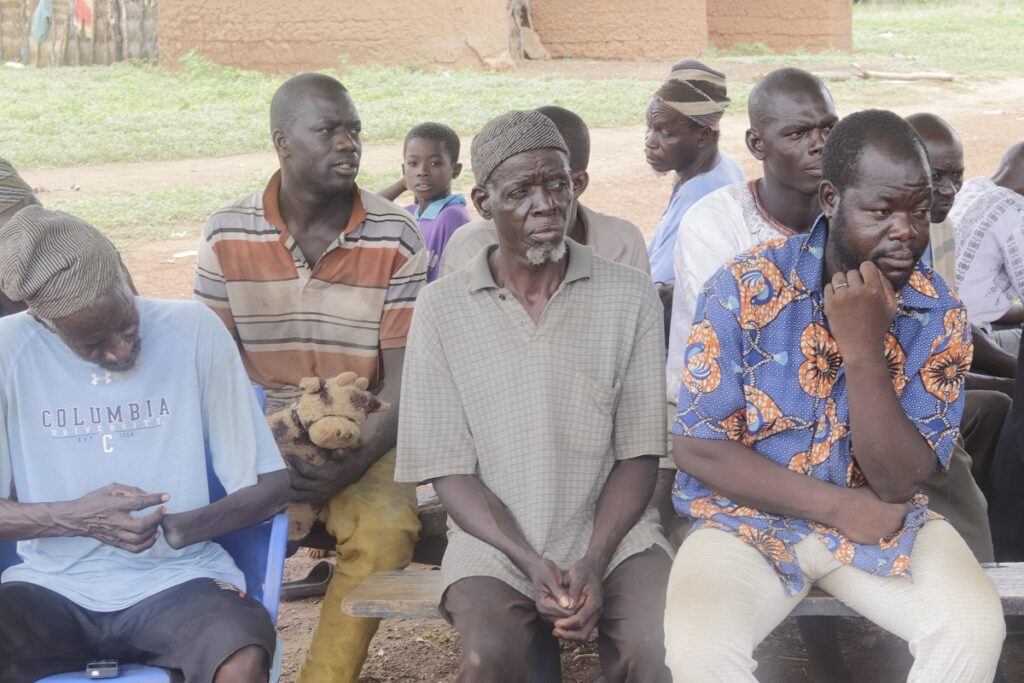
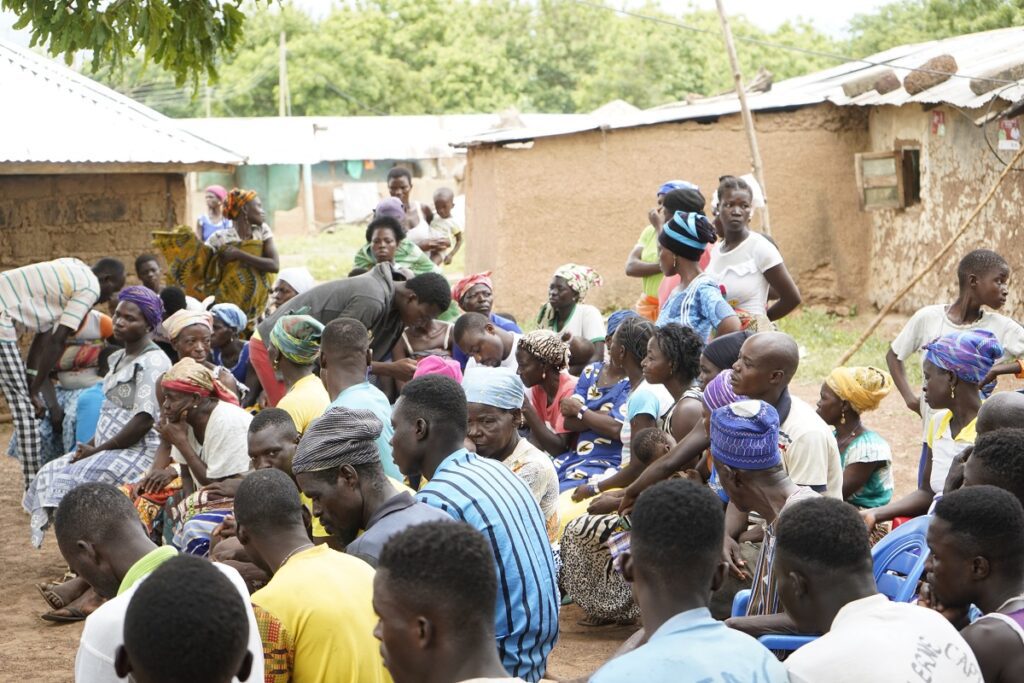
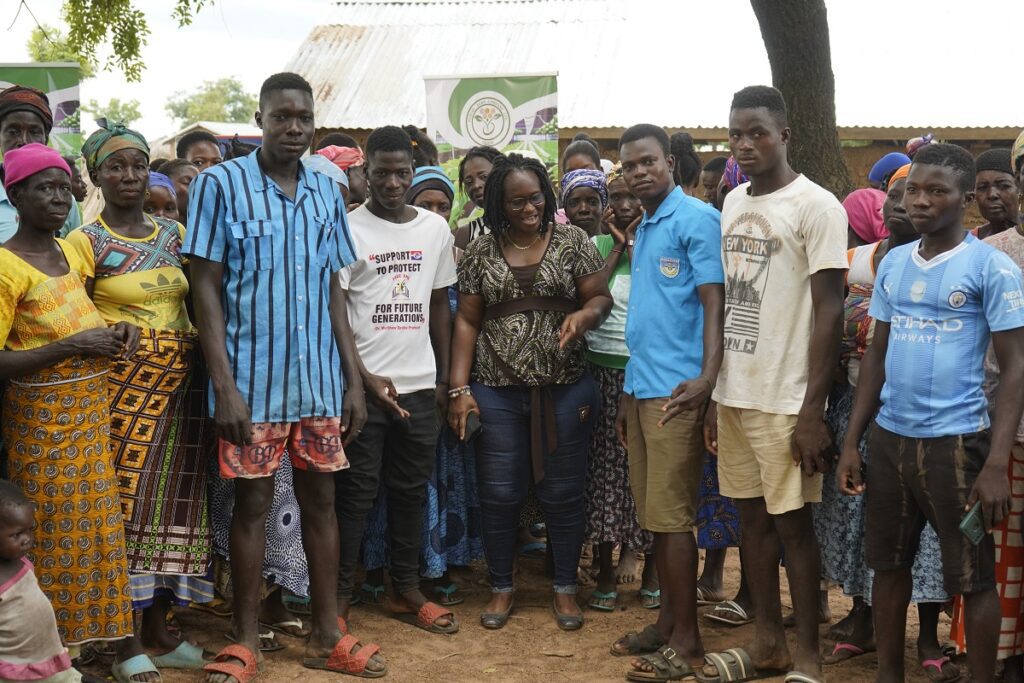
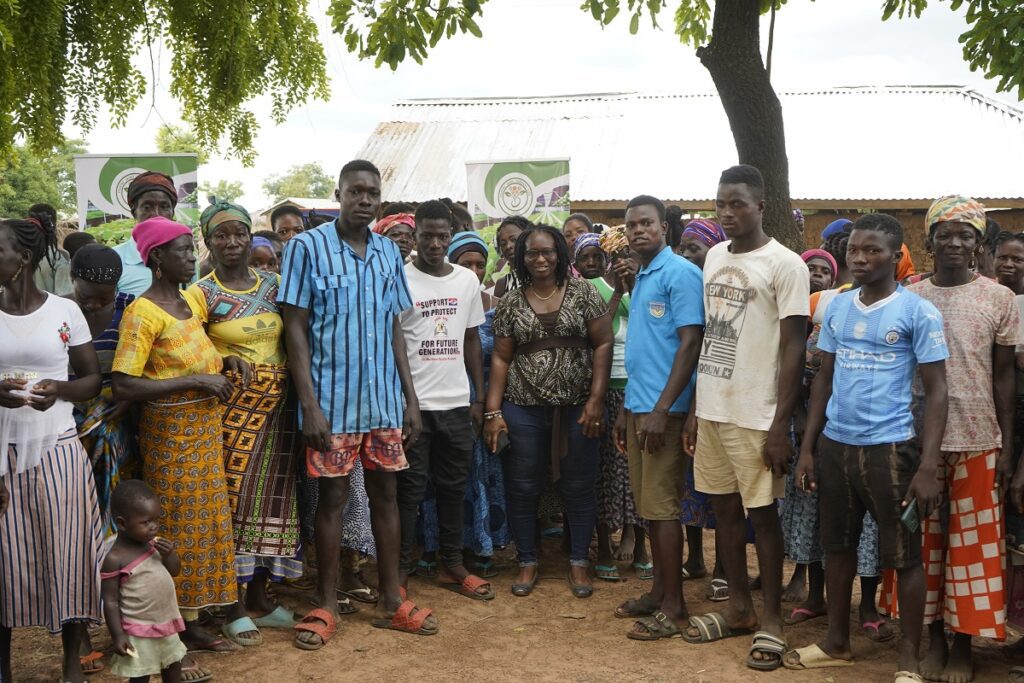
This training aligns with several United Nations Sustainable Development Goals (SDGs), including SDG 1 (No Poverty), SDG 2 (Zero Hunger), and SDG 8 (Decent Work and Economic Growth). By enhancing farmers’ knowledge and practices, the initiative aims to increase agricultural productivity and income, thereby reducing poverty and hunger. Moreover, the focus on sustainable farming practices contributes to SDG 12 (Responsible Consumption and Production) by promoting efficient use of resources and minimizing post-harvest losses.
The collaboration between Puzuri and NSS exemplifies the power of partnerships in achieving sustainable development. By equipping farmers with essential skills and knowledge, this initiative not only improves soya production but also strengthens the agricultural sector as a whole. As Puzuri continues to champion sustainable agriculture, this training program marks a significant step towards a more productive and resilient farming community in Northern Ghana.
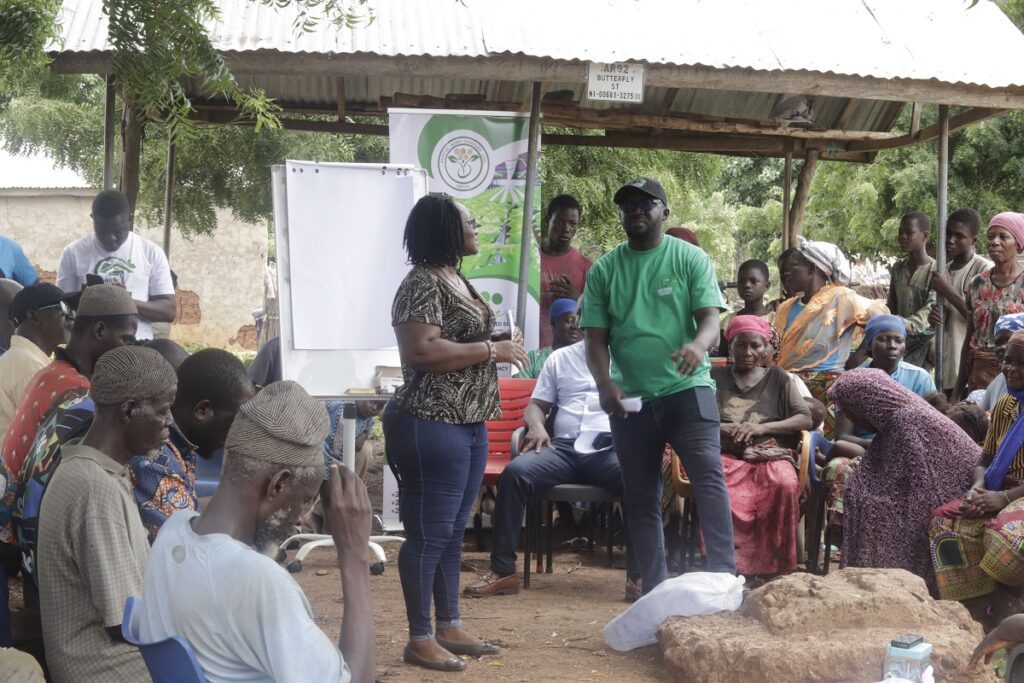
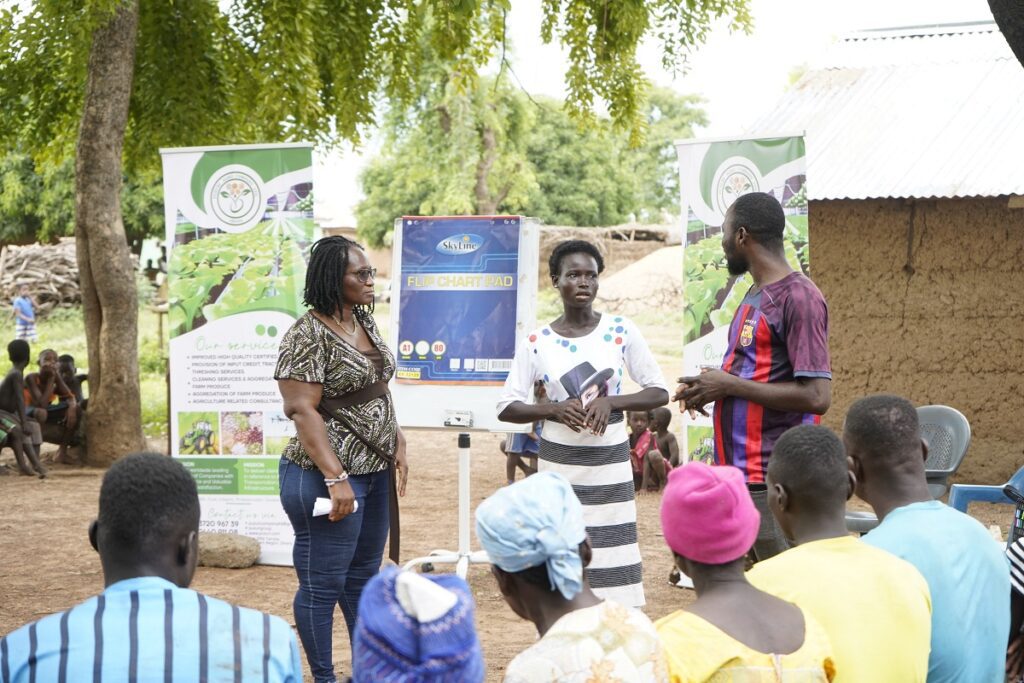
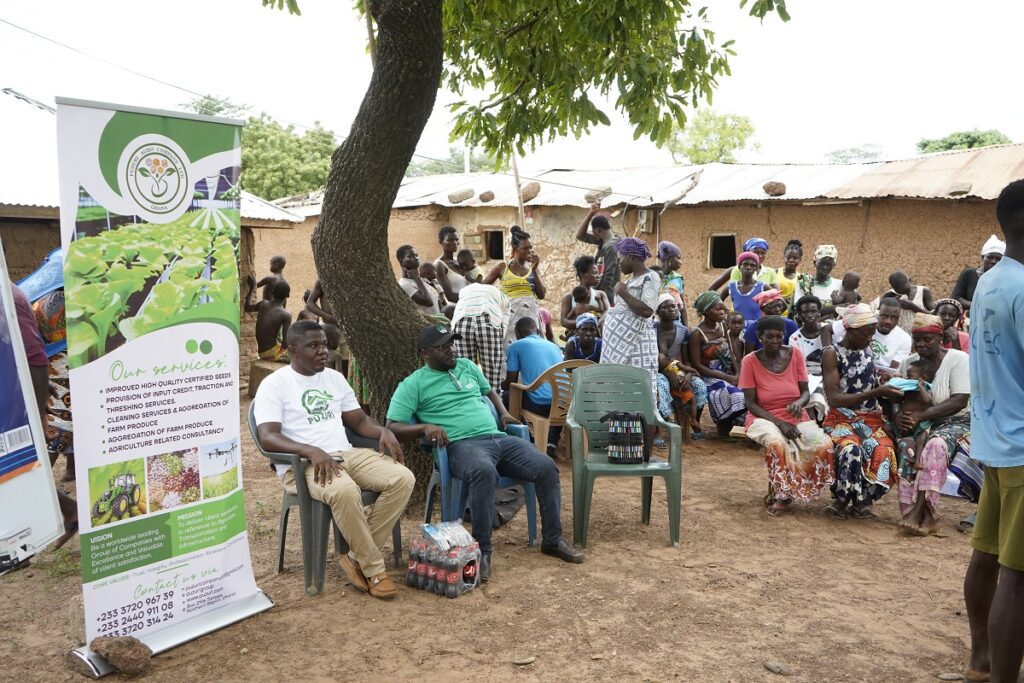
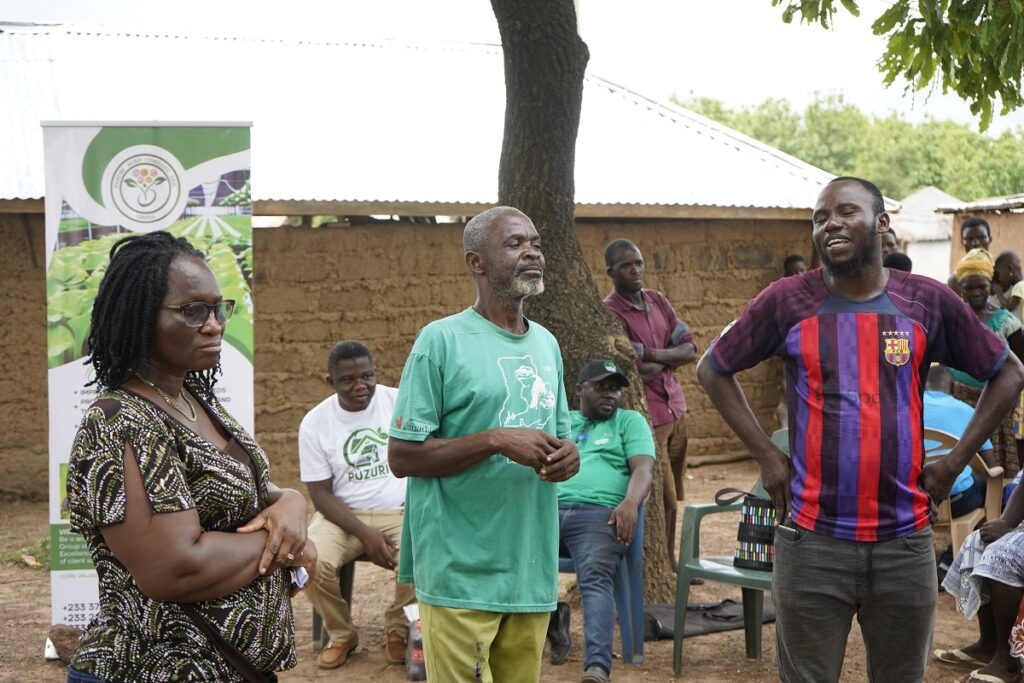
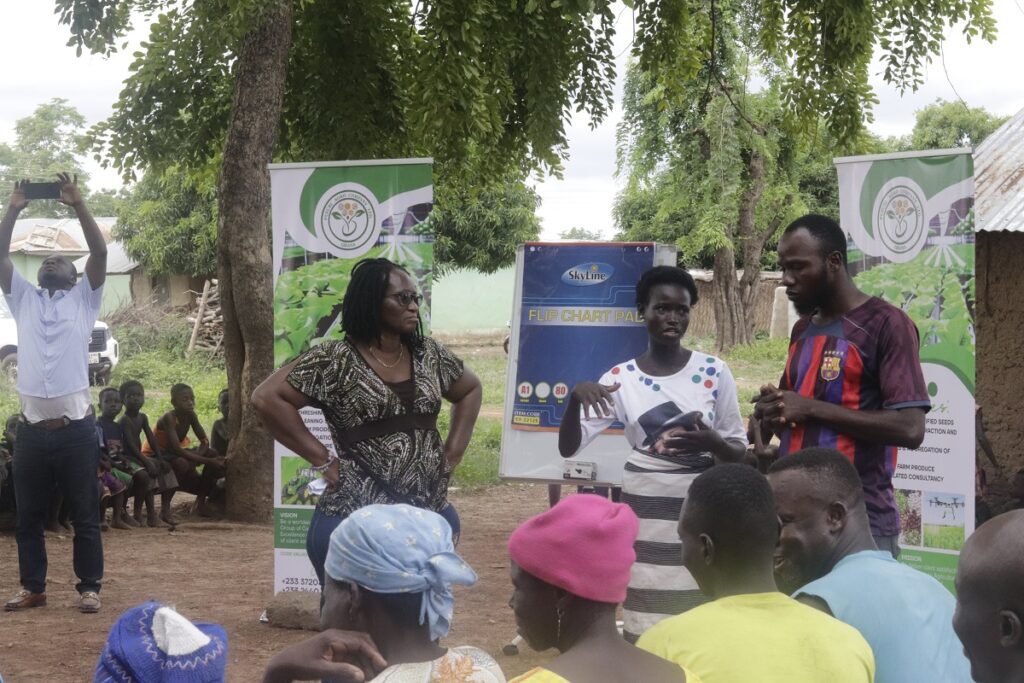
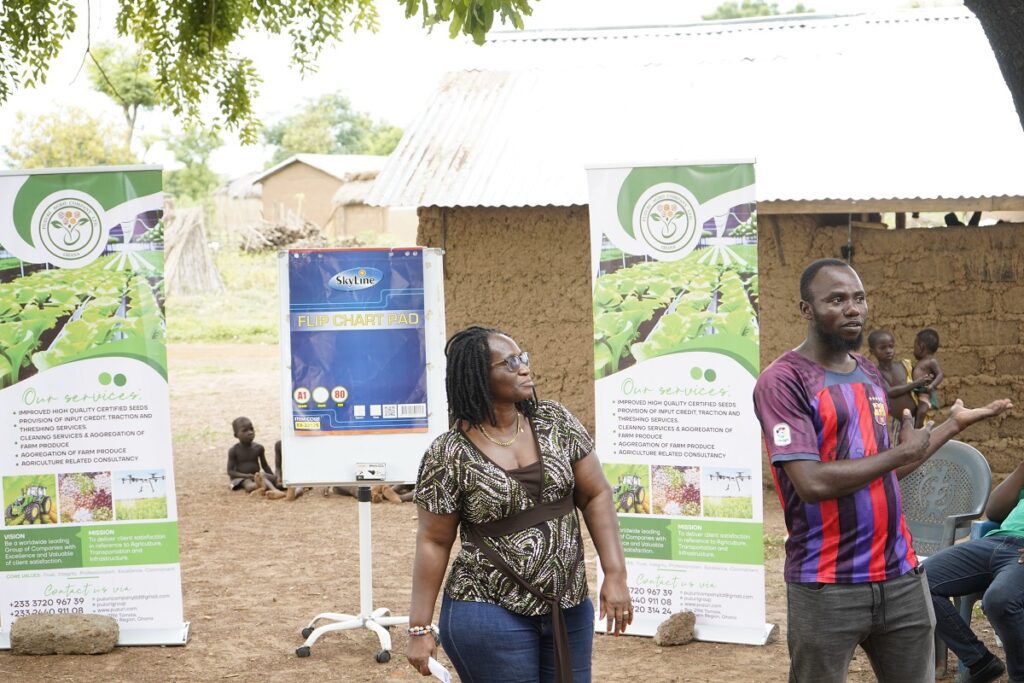
As we look ahead to the 2024/2025 farming season, Puzuri remains committed to supporting our farmers and fostering sustainable agricultural practices. Through continuous training and capacity-building efforts, we aim to drive agricultural innovation and ensure a prosperous future for our farming communities.
